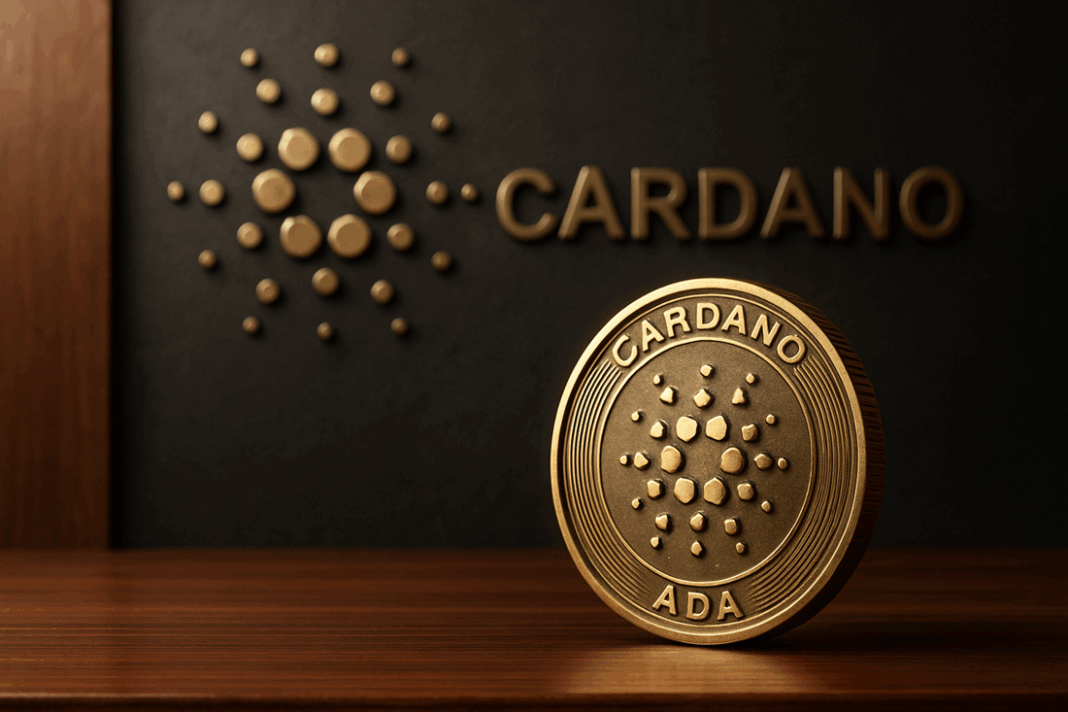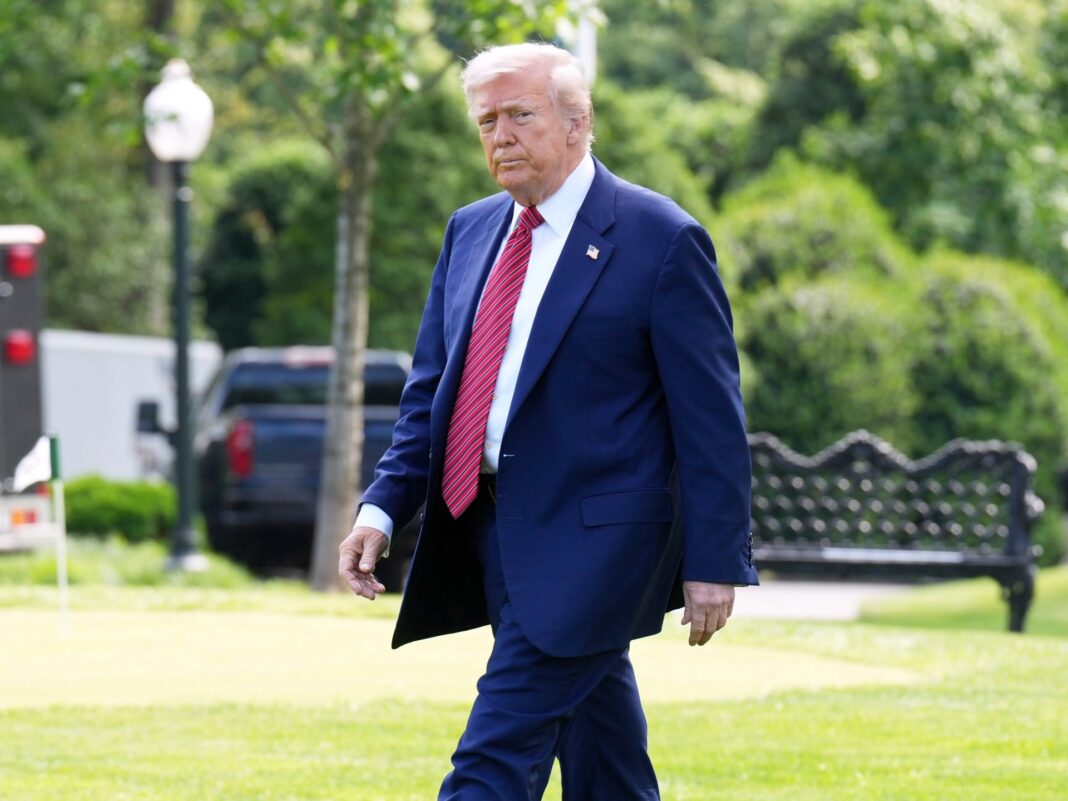Cardano development studio Input Output Global (IOG) has announced that it will relinquish its seat on the blockchain’s Interim Constitutional Committee once community elections conclude this summer, drawing a clear line under the role it assumed during the 2024 Chang hard-fork transition.
In a three-part X thread published on May 28, the company wrote that it was “honored to serve on Cardano’s Interim Constitutional Committee” but “will not stand for reelection,” adding that it is “confident the Cardano community has a wealth of talent to choose from.”
IOG reminded followers that it “stepped up in August 2024, at the time of the Chang hard fork, to help steward the process during a time of transition,” and pledged to keep casting on-chain votes and publishing rationales until its mandate expires. The firm urged prospective candidates to consult resources assembled by Intersect, the member-based organization coordinating governance matters, and to “draw on the support offered by Intersect and existing ICC members to facilitate the election.”
Cardano founder Charles Hoskinson echoed the sentiment in a separate post, writing: “Our last official role soon ends. It’s been an honor and the privilege of my career to serve with you all. Time for new ideas and blood.”
Cardano Elections
The ICC was formed alongside the first phase of the Chang upgrade in late August 2024, a hard fork that introduced the foundations of on-chain governance to Cardano’s Conway-era ledger. The upgrade empowered ADA holders to elect delegates (dReps) and submit governance actions—features that required an oversight body while the full Constitutional Committee framework was being finalized.
Intersect’s election roadmap sets out five phases that run through the northern summer. Candidate registrations opened on May 1 and close on May 31; campaigning occurs in parallel. Token-weighted voting will then run from June 10 to July 10, followed by onboarding and credential generation for the seven successful candidates from July 10 to August 1.
Formal ratification—including an on-chain governance action to recognize the new committee—is scheduled between August 1 and September 1. The three highest-vote recipients will serve two-year terms, while the remaining four will sit for one year to create a staggered election cycle.
What Changes—And What Does Not
IOG’s withdrawal does not diminish its technical role in Cardano’s open-source development, but it signals a decisive shift in governance: founding entities will henceforth compete on equal terms with community candidates if they wish to help police the Constitution. For many long-time stakeholders, that shift fulfills the Voltaire-era promise of “governance by the holders,” a milestone repeatedly described by Hoskinson as the final piece of Cardano’s original roadmap.
The forthcoming ballot will test the viability of large-scale, token-weighted elections on a live L1 network and will give over 4 million ADA wallets a direct say in who interprets and enforces the Cardano Constitution. Should the schedule hold, Cardano will enter September with its first fully elected Constitutional Committee in place—while the company that launched the chain steps back to the same arm’s-length status as every other participant.
At press time, ADA traded at $0.75.

Featured image created with DALL.E, chart from TradingView.com

Editorial Process for bitcoinist is centered on delivering thoroughly researched, accurate, and unbiased content. We uphold strict sourcing standards, and each page undergoes diligent review by our team of top technology experts and seasoned editors. This process ensures the integrity, relevance, and value of our content for our readers.


